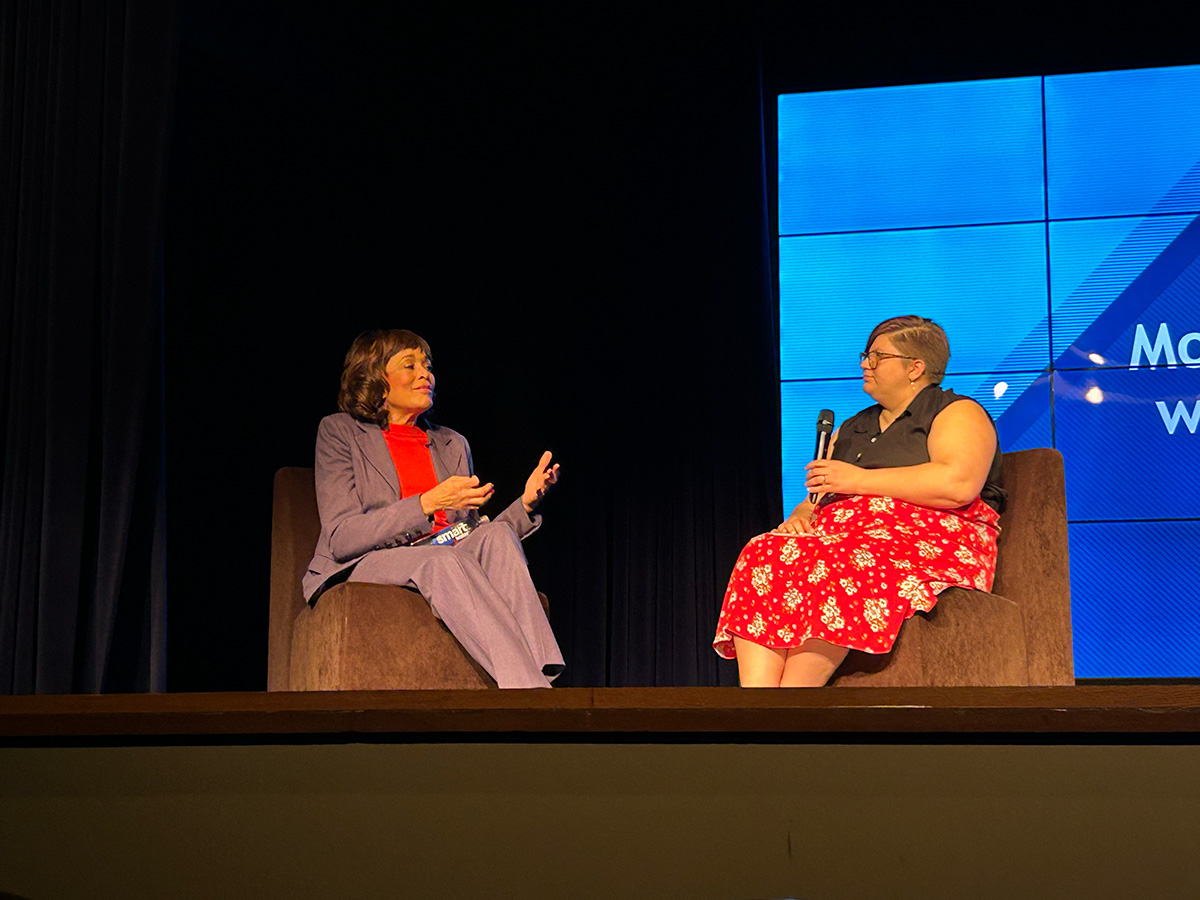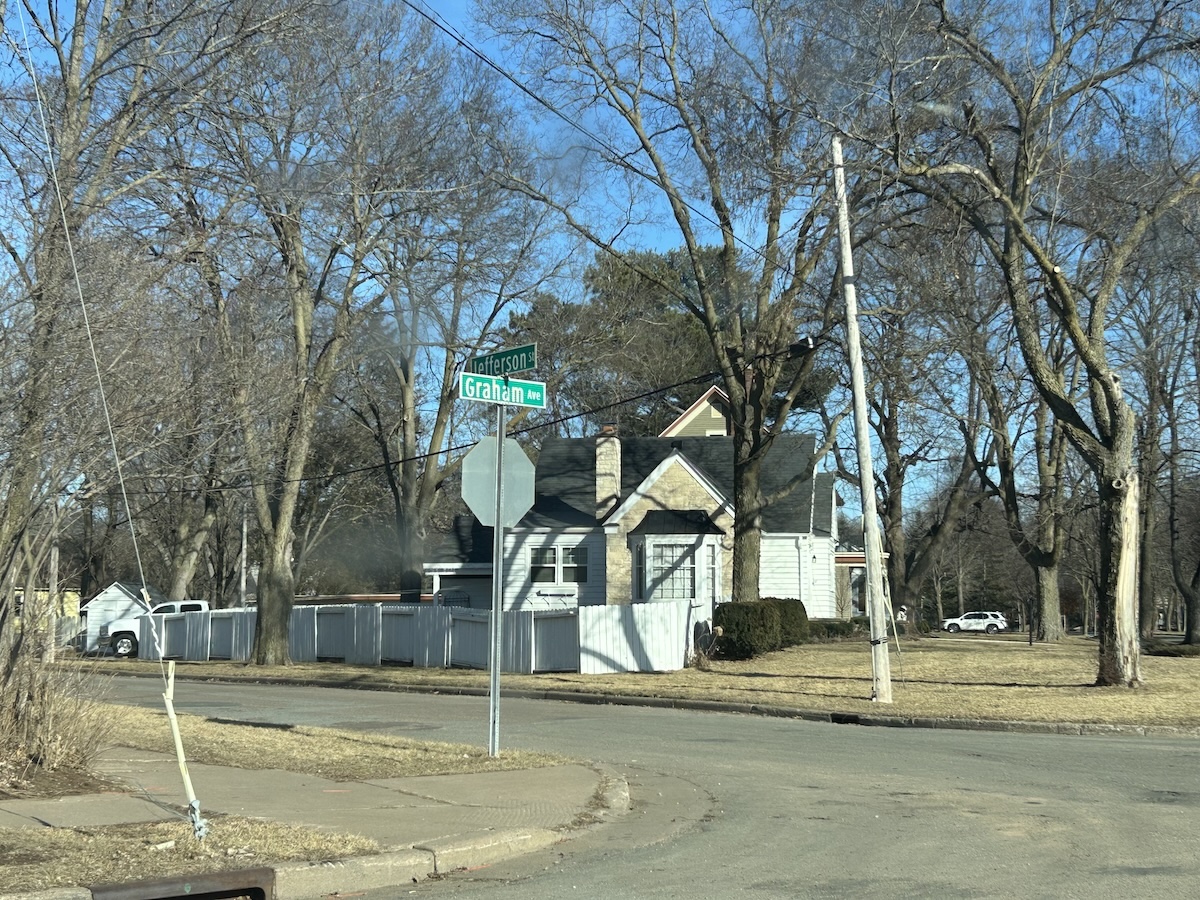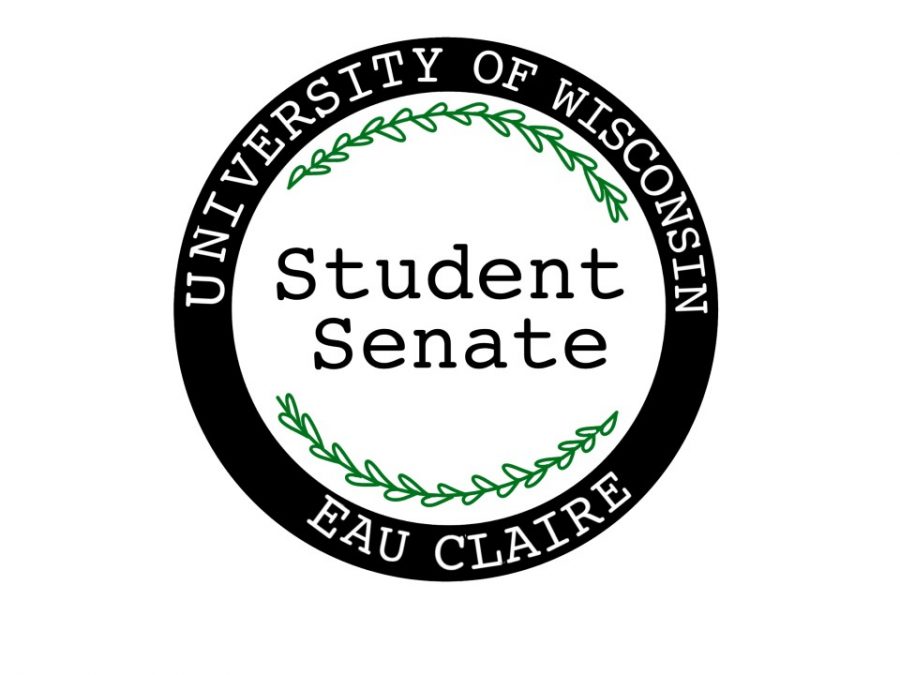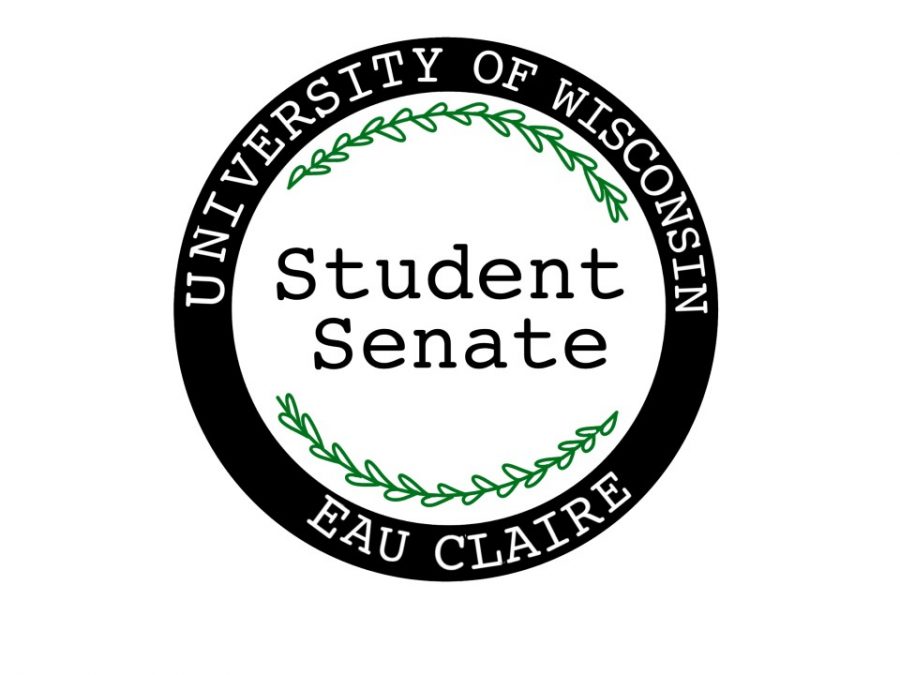The Forum, a series primarily influenced and established by President W.R. Davies in the first year of his administration, is in its 80th season at UW-Eau Claire.
The university selects an average of five speakers from a variety of backgrounds to speak to students and community members. The Forum is specific in its goal of non-discrimination related to race, sexual orientation, age, creed and disability.
Faye Wattleton, an American reproductive rights activist, became The Forum’s most recent speaker on Monday, Feb. 19.
Wattleton has had a long career in reproductive health including having authored numerous books and acting as the co-founder and president of the Center for the Advancement of Women, an organization that conducts women-focused research for policy advocacy and public education.
Most notably, Wattleton is the youngest and first African American president of Planned Parenthood Federation of America (PPFA). She served in this role from 1978 to 1992. To this day, she has had the longest run as president in the history of Planned Parenthood.
Wattleton began her talk by sharing her personal commitment to women’s health, including its contradiction to her personal background.
“I came from a very religious, conservative background that was very much opposed to reproductive health,” Wattleton said. “Yet I saw that the problems that women faced had to be addressed.”
She argues that the overturning of Roe v. Wade, the 1973 United States Supreme Court case that decided that the right to privacy implied in the Fourteenth Amendment included abortion, has been gradually overturned over a span of 40 years, rather than in 2022 as a result of Dobbs v. Jackson Women’s Health Organization.
“I contend that it [The Supreme Court] only finished the overturning of Roe,” Wattleton said. “There are just a series of lawsuits and cases from the Supreme Court that gradually undermined and took apart the right to control one’s fertility.”
Throughout her talk, Wattleton emphasized her belief in the importance of noting the conversation of reproductive health as a whole.
“It’s not just about the termination of an unintended or unwanted pregnancy, it’s about behavioral restrictions and behavioral conduct,” Wattleton said.
Wattleton then took listeners through an explanation of the happenings before, during and after the establishment of Roe v. Wade that ultimately led to its overturning in June of 2022.
One such prominent historical scene was the passing of The Hyde Amendment, which cut off Medicaid funding for particular abortion services that states were not required to provide. This impacted the access to reproductive care for low-income women.
Another example Wattleton explained was Gonzales v. Carhart, a 2007 U.S. Supreme Court case that upheld the ideas of The Partial-Birth Abortion Ban Act. This act bans the intact dilation and extraction of an intact fetus from the uterus whether after a miscarriage or during an abortion while in the second or third trimester.
After the end of Wattleton’s speech, Hannah Luedtke, a Center for Awareness of Sexual Assault (CASA) Advocate at UW-Eau Claire, then sat down with her to talk more about reproductive rights.
After hearing what Wattleton had to say throughout her individual portion of the talk, Luedtke reflected on a few of the things that she was inspired to think about.
“I connect all that now to my role thinking about how relationships affect your access to reproductive health. How supportive people and supportive communities can influence what you have access to,” Luedtke said.
She also noted the varying aspects of what it means to have access to the various forms of reproductive care.
“It’s not just about legality it’s about having access,” Luedtke said. “If Wisconsin only has three clinics that provide abortion and the closest one is three hours from here, do we really have access?”
Sarah Tweedale, an alumni who works for the UW-Eau Claire Foundation, regularly attends the talks hosted by The Forum.
She said that the university does a good job of providing students with the ability to gain new perspectives.
“I think that higher education is all about learning,” Tweedale said. “UW-Eau Claire does a really great job inside the classroom, but also in encouraging all of the learning and opportunities to expand your knowledge beyond the classroom and become a well-rounded individual.”
Tweedale also expressed the inspiration Wattleton passed on to stay on top in knowing about the issues a person may be passionate about.
“Staying in tune with issues that you care about, even when they are not on the congressional floor being debated, is really important,” Tweedale said.
In the closing of her speech, Wattleton shared that action must be taken for change to come.
“This is not an issue that will go away,” Wattleton said. “It is time for us to take the banner and move in a very bold way to fight for fundamental rights not by virtue of our residency, but by virtue of our citizenship.”
Braun can be reached at braunee6220@uwec.edu.








